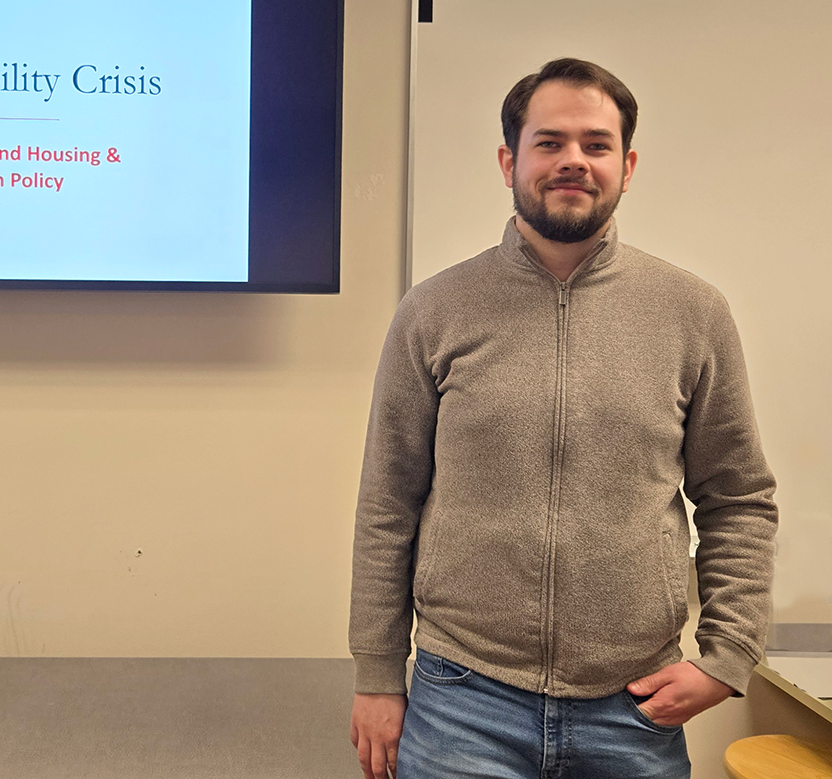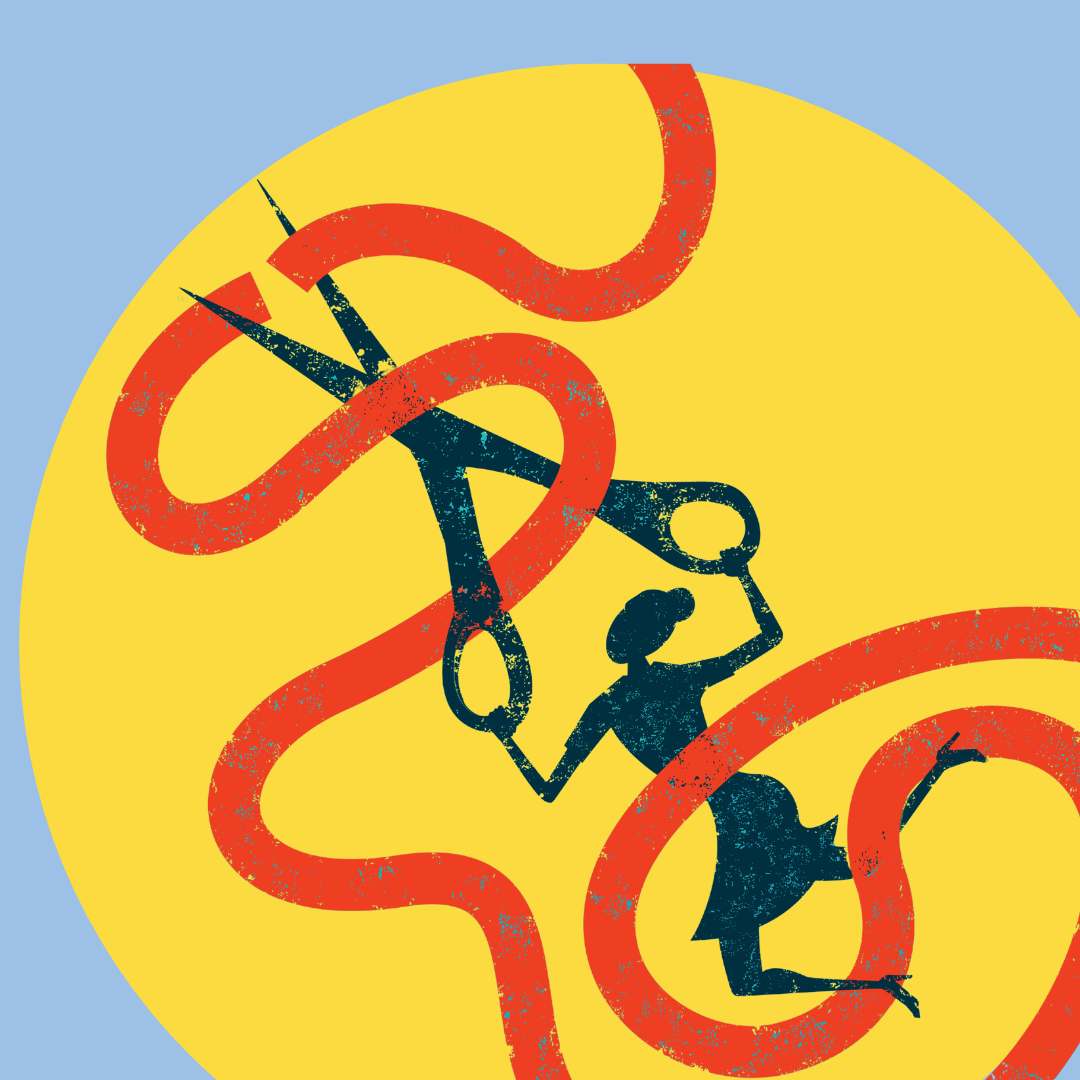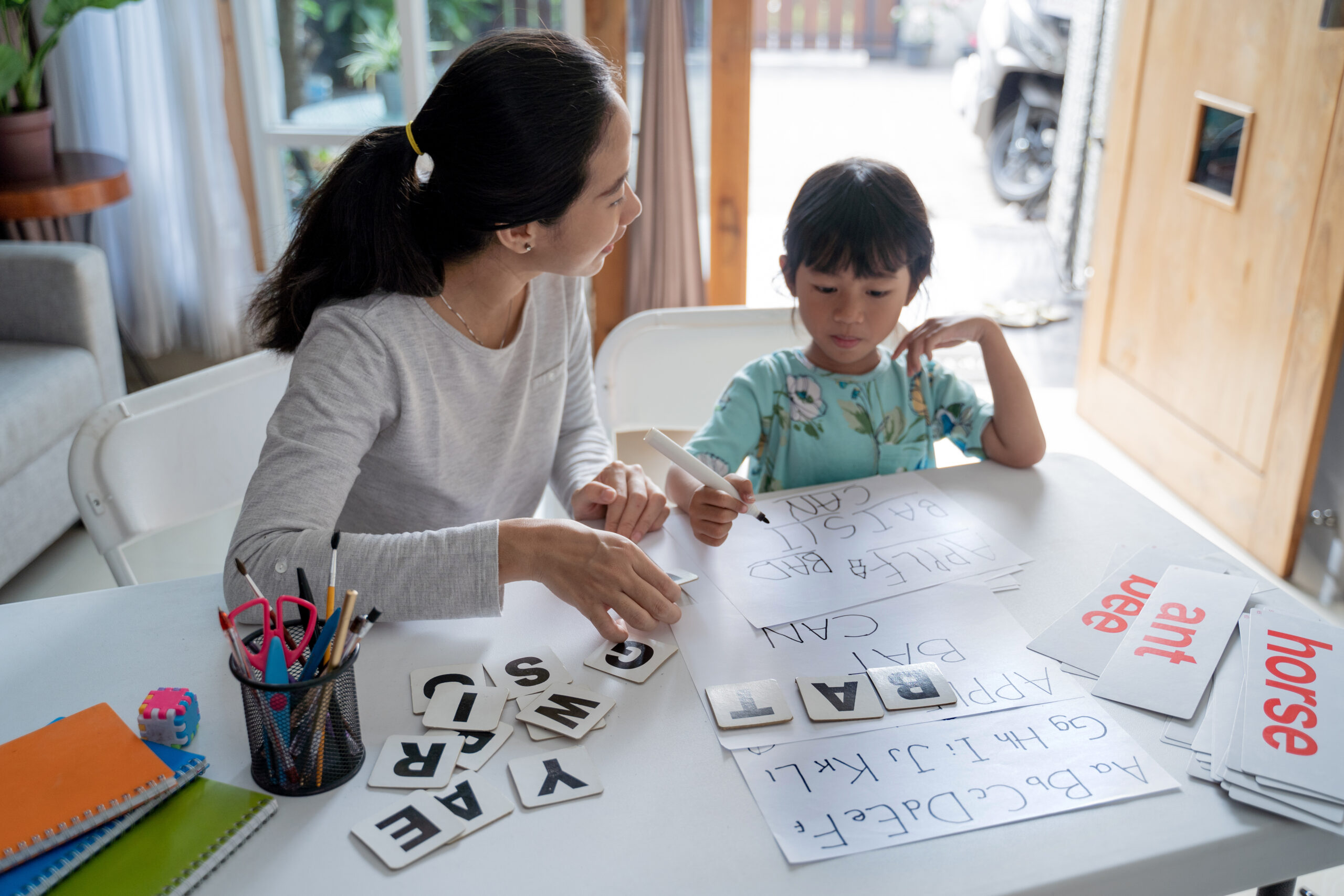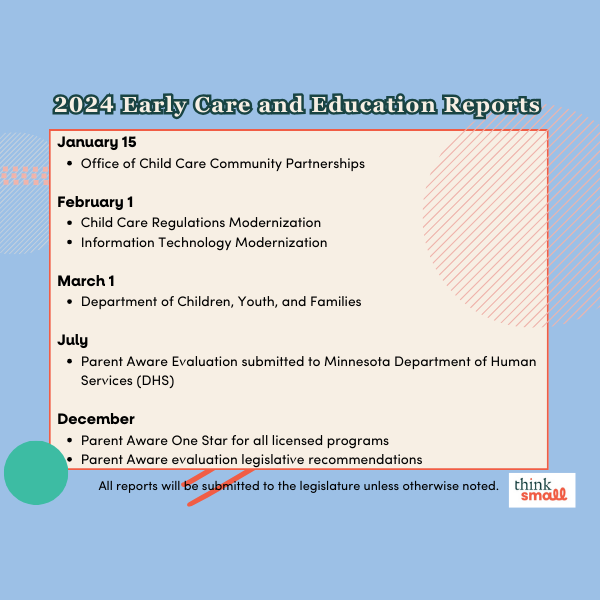A new group of early education experts released recommendations for how Minnesota can best improve the early care and education landscape across our state, a key area of focus to help close our worst in the nation achievement gaps. A group of early childhood stakeholders, the Minnesota PreK-3 Design Team, met with West Central Initiative and The McKnight Foundation to create a voluntary, statewide, mixed-delivery preschool approach in Minnesota.The Design Team recommendations focus on improving access to quality early learning programs for children living in poverty. Unfortunately in Minnesota, this means a disproportionate percentage of children of color.”Unfortunately in Minnesota, most children waiting for help accessing quality early care and education programs are children of color. This is not only heartbreaking, but it’s an enormous equity issue we must address. My hope is that this report will help us paint a direction for how we can do better in Minnesota to reach those children and create a more equitable early childhood system in Minnesota,” said Dianne Haulcy, Director of Family Engagement at Think Small.You can read the full report here.The report recommendations include:Provide a Mixed Delivery ApproachStatewide surveys show that families appreciate having choices when it comes to childcare. This mixed-delivery approach better allows private and public funds to be combined to provide care to more children.Support Higher Learning for TeachersThe Design Team supports providing lead teachers and providers with more resources and access to education. They expect it will take up to 10 years for providers to achieve these goals, with specific emphasis on providing extra supports for providers who need help attaining higher education.Use Public Funding to Target Children who Need Help the MostThe Design Team recommends public funding be directed towards children from less financially well-off families and facing steep obstacles to being ready for kindergarten, including children living in poverty, dual language learners, homeless children, children living in foster care, and children with special needs. While quality preschool is a step toward closing Minnesota’s huge achievement gaps, it is not enough. Which is why the group also recommends that attention be focused on younger children as well as some of the systemic barriers children face.Involve Communities in Strategy and ImplementationQuality early education shouldn’t matter to just families and caregivers. It affects society as a whole, which is why the Design Team recommends a community-wide approach be used to implement local-level strategies and solutions.The ideas explored in this report forge a path to building a stronger Minnesota, which includes a diverse early education workforce putting children and families first.







